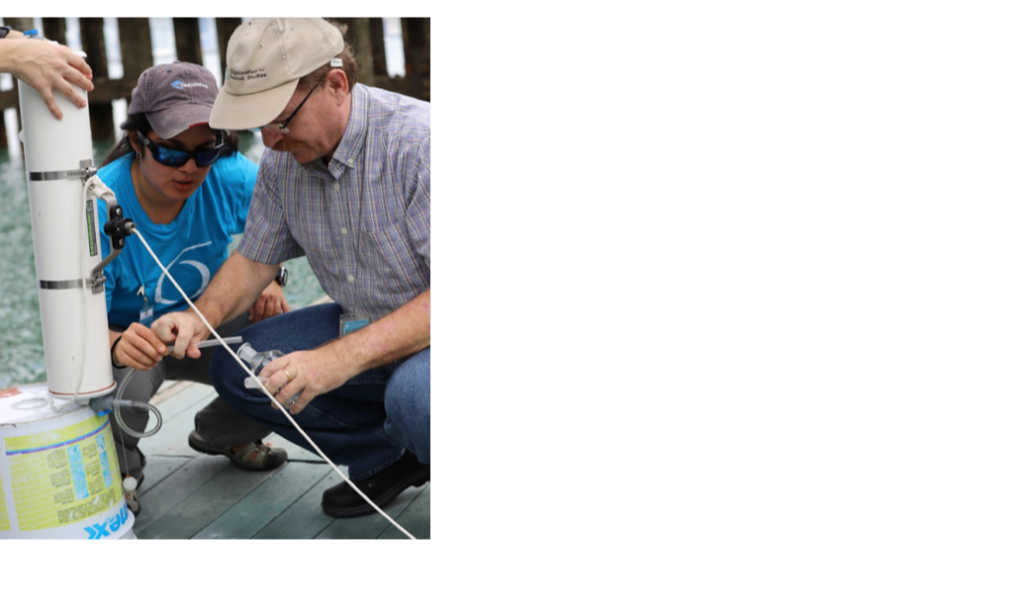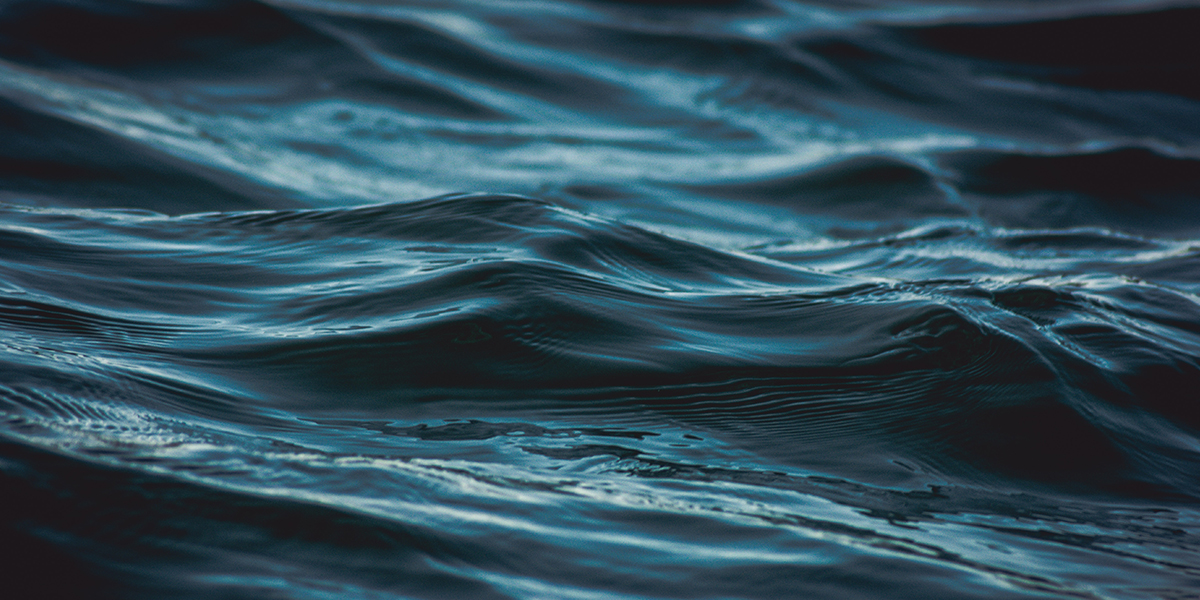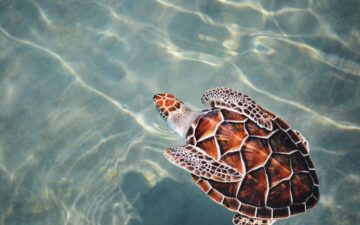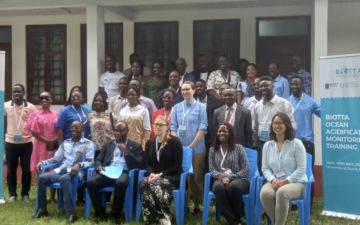WASHINGTON, D.C., January 8, 2020 – To mark the second annual International Ocean Acidification Day of Action, The Ocean Foundation (TOF), in partnership with the Embassy of New Zealand, hosted a gathering of government representatives to inspire action and to congratulate countries and communities that have made commitments to address the global challenge of ocean acidification. The day of action took place on the 8th of January to represent 8.1, the current pH level of our ocean.
During the event, TOF released the Ocean Acidification Guidebook For Policymakers, a comprehensive report on ocean acidification legislation at the international, regional, national, and sub-national levels. According to TOF’s Program Officer, Alexis Valauri-Orton, “the goal is to provide policy templates and examples that will enable policymakers to transform ideas into action.” As Valauri-Orton notes, “from the shallows to the depths of our blue planet, the chemistry of the ocean is changing faster than at any time in earth’s history. And while this change in chemistry – known as ocean acidification (OA) – may be invisible, its impacts are not.” In fact, the ocean is now 30% more acidic today than it was 200 years ago, and it is acidifying faster than at any time in Earth’s history.1
In recognizing that this global problem requires global action, TOF launched the first ever International OA Day of Action at the House of Sweden in January of 2019. The event was held in partnership and with support from the Governments of Sweden and Fiji, whose joint leadership on ocean conservation included co-hosting the Sustainable Development Goal (SDG) 14 Ocean Conference at the United Nations in 2017. Building off of that momentum, this year’s gathering featured some of the world’s strongest leaders at the forefront of combating the rippling effects of OA. This year’s host, New Zealand, serves as the leader of the Commonwealth’s Blue Charter Action Group on Ocean Acidification, and has invested in building resilience to OA in the Pacific Islands. The featured guest speaker, Jatziri Pando, is Chief of Staff of the Committee on the Environment, Natural Resources, and Climate Change in the Mexican Senate. The Committee is working with TOF to design a national policy framework for studying and responding to OA in Mexico.
OA poses a current threat to the commercial viability of global mariculture (the cultivation of fish, shellfish and other marine life for food), and, in the longer-term, the base of the entire marine food chain through its devastating effects on shell-forming organisms. Collaborative planning measures are needed that integrate science and policy development to address this global challenge, and there is an acute need for projects that safeguard wellbeing, protect property, reduce damage to infrastructure, conserve seafood spawning grounds, and benefit ecosystems as well as the economy. In addition, building institutional and scientific capacity within communities with a focus on risk reduction is a critical element and key component of a community’s climate resilience strategy.
To date, TOF has trained over two hundred scientists and policymakers on OA monitoring and mitigation techniques, has convened a host of regional workshops and has funded on-the-ground trainings around the world, in places like Mauritius, Mozambique, Fiji, Hawaii, Colombia, Panama and Mexico. In addition, TOF has supplied seventeen institutions and organizations with ocean acidification monitoring equipment worldwide. You can read more about TOF’s International Ocean Acidification Initiative here.
TOF’s Ocean Acidification Monitoring Partners
- University of Mauritius
- Mauritius Oceanographic Institute
- South African Institute for Aquatic Biodiversity
- Universidade Eduardo Mondlane (Mozambique)
- Palau International Coral Reef Center
- National University of Samoa
- National Fisheries Authority, Papua New Guinea
- Tuvalu Ministry of Environment
- Tokelau Ministry of Environment
- CONICET CENPAT (Argentina)
- Universidad del Mar (Mexico)
- Pontifica Universidad Javeriana (Colombia)
- INVEMAR (Colombia)
- University of the West Indies
- ESPOL (Ecuador)
- Smithsonian Tropical Research Institute

1Feely, Richard A., Scott C. Doney, and Sarah R. Cooley. “Ocean acidification: Present conditions and future changes in a high-CO₂ world.” Oceanography 22, no. 4 (2009): 36-47.
For Media Inquiries
Jason Donofrio
External Relations Officer, The Ocean Foundation
(202) 318-3178
[email protected]
To request a copy of The Ocean Foundation’s Ocean Acidification Legislative Guidebook
Alexandra Refosco
Research Associate, The Ocean Foundation
[email protected]






